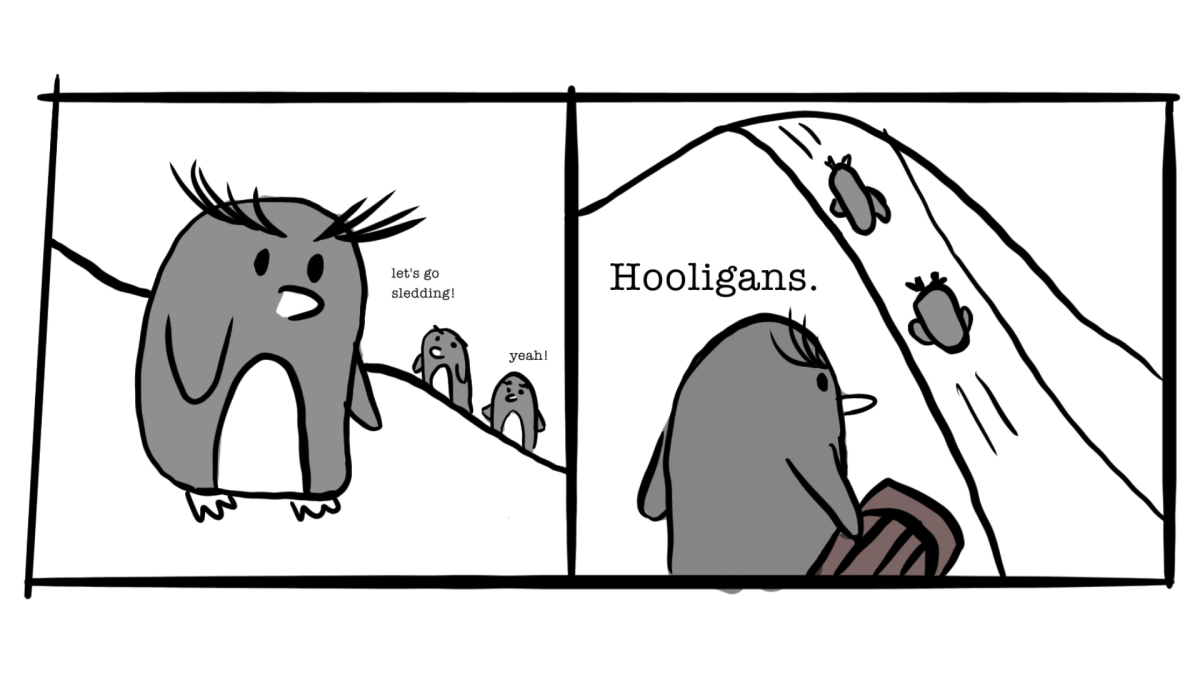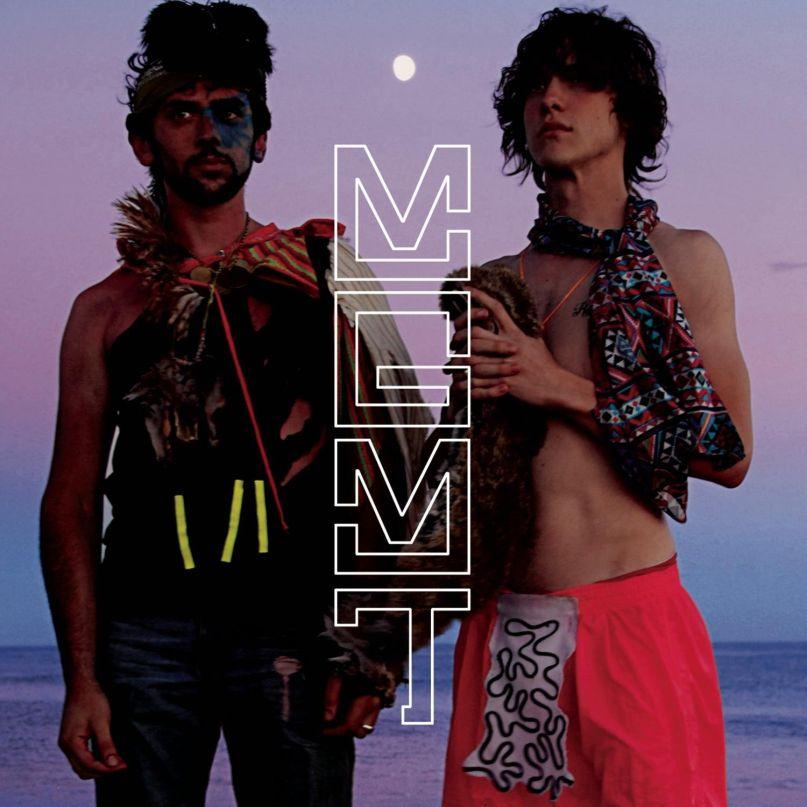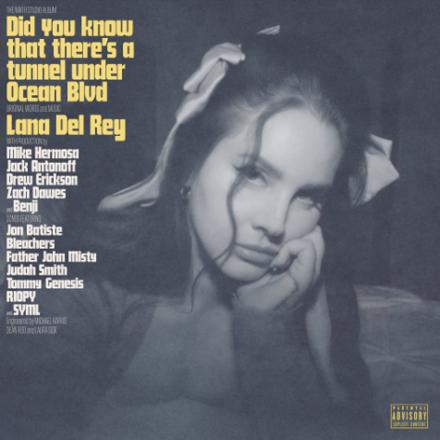Oracular Spectacular by MGMT
Opinions belonging to Luke Hobika
Best tracks: “Time to Pretend;” “Kids;” “Of Moons, Birds, and Monsters”
Worst tracks: “Weekend Wars;” “Pieces of What”
The thoughts and decisions that a person controls during the period their life from adolescence to adulthood ultimately play a significant role in the fate of their future. Relationships with friends and family, high school, extracurriculars, sports, and many more activities shape how one may think about their life as they grow older. It’s a period of trial and error. It’s a period that prepares one for answering the eventual question of “What’s next?” What’s next rests in the hands of the individual, and success will stem from those who adopt the most efficient habits for themselves.
In the early 2000s, curiosity and ambition struck Andrew VanWyngarden and Ben Goldwasser while they both were attending Wesleyan University. The typical driving forces for motivation among college students who are ignorant towards the future of their lives led the two to form the groundbreaking indie-pop band, MGMT. The style of music that the two produced did not match that of any other mainstream piece of music in the industry. The iconic psychedelic synths that complement the malleable underlying structure of each of the band’s tracks resembled a breath of fresh air for record executives and fans alike. The enticing theme that MGMT officially introduced to the genre of rock on their debut album Oracular Spectacular would serve as a framework for projects of the genre of modern rock to come.

Oracular Spectacular was the first of its kind. The album had no hand onto which it could hold as it crafted itself before being released to the public, an analogy similar to that of the development of ordinary life. Before launching off into a profession which we may pursue the majority of our lives, there is a period of self-reflection and learning that we undergo to find out what is best for us. Oracular Spectacular embraces the fact that its introduction into the rock genre is like no other, but only because the defiant and abstract intentions of the college-aged members of the band are looking to experiment with their futures through their music.
The progression of the ten-track album plays like the metamorphosis of a naive caterpillar into a confident butterfly. The rough yet hollow synths that crowd the opening track “Time To Pretend” fuel the narrative of the track, the acknowledgment of the sheer innocence that we all possess during the time of adolescence. However, as the days pass, the time of pretending to live an implausible future is exchanged for more practical thinking that we eventually adopt. “Kids” is a pivotal song on the album that directly addresses the loss of innocence that we all endure during the process of maturing, sometimes to fall into the hands of the demands that the culture pushes upon us. It’s eclectic assortment of drums, synths, high-hats, and pianos effectively evoke a feeling of nostalgia by mirroring the creative behaviors that once were overwhelmingly present during our youths. Instead of cashing in on society’s ways, the band suggests that we take all moments in life with a grain of salt to forever preserve the happy-go-lucky attitude of childhood.

The foreign, thrilling “4th Dimensional Transition” connects the electric-pop first half of Oracular Spectacular to the psychedelic latter half. The following track, “Pieces of What,” showcases the first sign of the band’s transition from focusing on self-improvement to the concern of those with whom they surround themselves. Lines like “Pieces of what?/Doesn’t matter anymore” support this shift in tone by abandoning the habit of forming grudges against others for the sake of a prosperous future. Before embarking upon a world that in which the band understands, MGMT practice what they had been preaching, the idea of not succumbing to the calls of the superiors, on the penultimate track, “The Handshake.” The minimalist instrumental which starts off the song subtly grows in intensity as time progresses, while the vocals remain certain and stable. In the end, “Future Reflections” invests the judgments regarding life that had spawned throughout the album for favorable aims for the future. The careful yet firm composition of the track mimics the humble approach to success for which the band advocated throughout the album, rather than the stereotypical sense of arrogance that accompanies those who are greeted by success in their lives. Oracular Spectacular understands that it is entering a genre in which some may argue it does not belong. Whether it be the tender vocals of Andrew VanWyngarden and Ben Goldwasser, or the conquering, convoluted instrumental arrangement (which at times damages the structure of a track, making it sound like the band is throwing a bunch of random noises at the wall to see what sticks), the album had no contemporaries with which it could match upon its release. And just like the driving idea of blossoming from an undefined figure which it illustrates, the exploration of new sounds and styles which the album brings with it provided for a prosperous future for not only itself but the genre of rock as a whole.






































